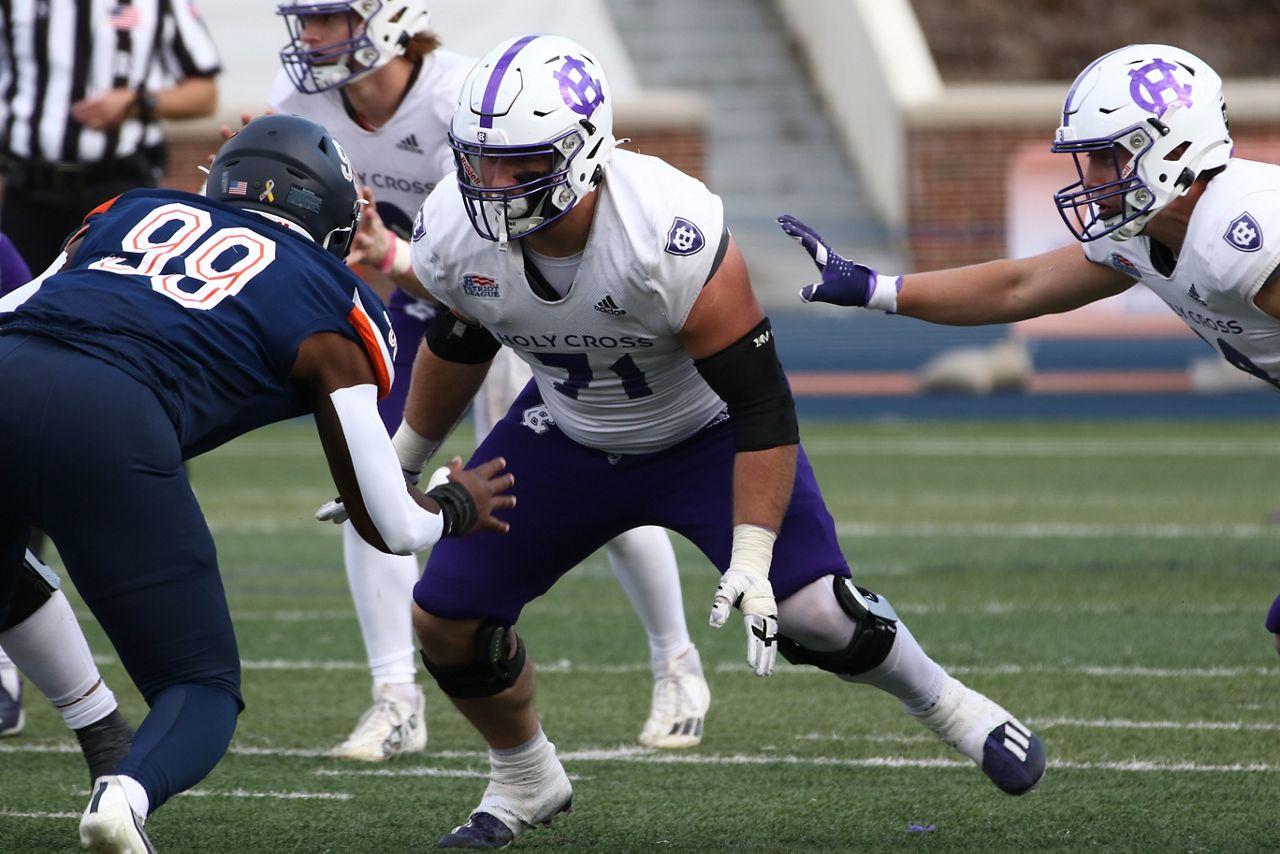WORCESTER, Mass. — As the latest flu and COVID-19 shots are more available now, there’s new information from a UMass Chan Medical School study. It conducted focus groups during the middle of the pandemic to look at challenges primary care physicians had to get patients to accept the COVID vaccine. Spectrum News 1 spoke with a UMass doctor about what they found and how it still applies in 2024.
What You Need To Know
- New COVID-19 and flu shots are available now for the fall
- UMass Chan Medical School ran focus groups in Dec. 2021 and Jan. 2022 to get perspectives of primary care physicians on discussing COVID-19 vaccination with their patients
- The focus groups were made up of 40 doctors from 11 primary care clinics at three heath systems
- Approximately one in six people in the U.S. has not gotten a single COVID-19 vaccine dose since they first became available in late 2020
“It was frustrating for PCPs to have something that they thought was so important and would be so beneficial for their patients," Dr. Kimberly Fisher said. "And yet to have the patients not trust their recommendation to get vaccinated despite having a well-established relationship with many patients.”
The UMass Chan study ran from December 2021 to January 2022 and concludes most doctors weren’t able to change strongly held beliefs among the most vaccine-hesitant patients; and says misinformation and mistrust were the biggest hurdles. Dr. Kimberly Fisher said moving forward, it’s still all about communication.
“One important way that we're developing a training program to train PCPs in this is to really help providers be able to listen to their patients concerns and align with them," Fisher said. "So that I think if the patients feel heard and feel that their concerns are being listened to, they're more likely to then listen to the information we have to offer about why we think it's important.”
Fisher said all of the participating physicians reported it made a big difference if the COVID-19 vaccine was available in their clinic, but nowadays it seems a lot of people don’t think it’s important to keep getting an updated shot.
“I think the situation has changed a little bit," Fisher said. "You know, something like 85% of the adult U.S. population got a primary COVID-19 vaccine series, yet only about 20% stay up to date with the yearly COVID shots. So that's a huge discrepancy.”
“I just got mine last week," Ashly McPhillips said. "I got co-admin, I got COVID and flu in the same appointment, which was super convenient, and I know I'll be fully protected within two weeks.”
CVS pharmacist manager Ashly McPhillips said there’s no time like the present to get updated COVID and flu shots, which she said are safe to receive at the same time. While vaccines aren’t perfect, she said they greatly reduce your risk of infection, and people should start to consider COVID vaccines to be similar to an annual flu shot.
“It's always important, you know, the manufacturers are building the newest vaccines that are protecting against the new strains," McPhillips said. "So that's why it's important. As soon as it becomes available to get that new not booster, but new protection against this season's strains.”
“I think a lot of people are still counting the number of COVID shots they've gotten and are sort of like, Isn't that enough? How many do I need to get? But for example," Fisher said. "I don't count the number of flu shots I get. I get it every year."
Dr. Fisher said misinformation about vaccines continues to be an ongoing struggle for physicians but the local PCPs in their focus groups learned to recognize when to sometimes stop pushing to maintain good relationships with their patients.












